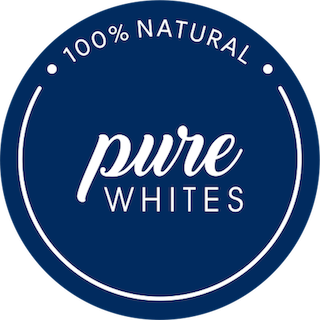Ghee has long been a staple in Indian households, revered not only for its rich flavor but also for its health benefits. However, not all ghee is created equal. While many consumers are familiar with regular ghee, A2 Vedic Ghee offers a level of purity and nutrition that stands apart. Here, we will explore the key differences between A2 Vedic Ghee and regular ghee and why making the right choice can impact your health and well-being.
Understanding A2 Vedic Ghee:
A2 Vedic Ghee is made from the milk of desi (indigenous) cows that produce A2 beta-casein protein, which is known for its superior digestibility and health benefits. The preparation of this ghee follows the ancient Ayurvedic Bilona method, ensuring maximum retention of nutrients and medicinal properties.
Here’s what sets A2 Vedic Ghee apart:
-
Sourced from Desi Cows: Only indigenous cow breeds are used, ensuring pure A2 milk.
- Ayurvedic Herbal Diet: Cows are fed Ayurvedic herbs like Shatavari, Ashwagandha, and Giloy, which enhance the ghee’s nutritional profile.
-
Traditional Bilona Method in Earthen Pots: The milk is converted into curd, hand-churned into butter, and then heated over a cow dung cake chulha at dawn, preserving its essential nutrients. The entire process is carried out in earthen pots, which helps retain the natural minerals of the ingredients and enhances the ghee’s flavor and digestibility.
-
Higher Nutrient Retention: This method keeps intact the ghee’s vitamins, minerals, and antioxidants.
Benefits of Using Earthen Pots in Ghee Preparation:
Enhances Mineral Content: Earthen pots naturally infuse essential minerals such as calcium, magnesium, and iron into the ghee, improving its nutritional value.
Improves Digestion: Cooking in earthen pots allows the ghee to retain its natural enzymes, making it easier to digest.
Preserves Aroma and Flavor: The porous nature of earthen pots ensures that the ghee develops a rich, authentic taste and fragrance.
Balances Acidity: The alkaline nature of clay neutralizes acidity, making A2 Vedic Ghee more gut-friendly.
What is Regular Ghee?
Regular ghee, often found in supermarkets, is typically made using industrial methods that prioritize quantity over quality. It is commonly produced from milk that contains A1 beta-casein protein, found in foreign breed cows such as Holstein and Jersey. The production process usually involves direct cream extraction and machine-based churning, which may strip the ghee of essential nutrients and alter its health properties.

